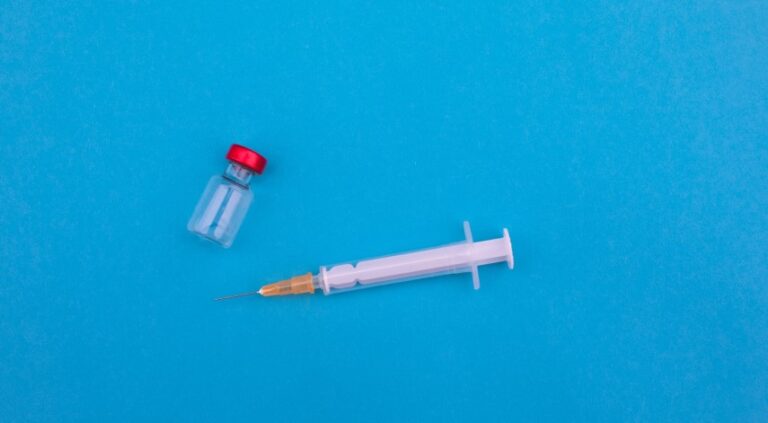
What is Public and Product Liability Insurance?
Two of the most popular types of business insurance are public and product liability coverage. Public and product liability insurance are forms of business insurance designed to protect you from many of the most common risks a business faces by interacting with customers, clients, and other third parties. We’ll explain what each type covers and how they differ.
Public liability insures you if a third party (customer, member of the public, etc.) incurs property damage or personal injury as a result of your work. This might include damaging a door while you’re inside their home/office or them slipping over and injuring themselves in your store/showroom.
Product liability is designed to cover you if someone incurs property damage or a personal injury after you’ve designed, manufactured, or sold them an item. This also includes any product you’ve branded as your own or repaired/altered (even if you weren’t the original designer/producer). The two are often packaged together due to their obvious synergies, providing a well-rounded coverage both during and after a customer interaction.
When buying, don’t be surprised to see the package of the two at a lower price than buying them each individually, so it can make a lot of sense (both financially and in terms of admin time) to purchase them from the same provider. It’s also not uncommon to see insurers offering product liability at no additional cost when buying your public liability, but make sure to check the exact terms of the coverage to make sure it’s sufficient.
In the UK, the average public liability settlement is around £13,500, so the costs of something going wrong can be severe – it’s worth making sure you’re properly insured to avoid any unexpected bills in the future.
Who needs product liability insurance?
Anybody who designs makes or sells a physical item/unit should consider a form of product liability insurance. Suppose your product causes physical injury/illness or property damage. In that case, you could be left with expensive legal bills/compensation costs to cover – product liability would help you take care of those.
Examples of the businesses that could benefit from a product liability policy would include:
- A company manufacturing vehicle parts
- A bakery selling bread, cakes, etc.
- A business putting together toys using parts from outside the EU
While it can seem like an unnecessary additional expense, for many businesses, it doesn’t need to be a hefty cost – policies start from £6-£7 per month, and some insurers may even offer it free of charge when purchased alongside a public liability policy.
Businesses that wouldn’t need a product liability policy would be those that don’t sell or manufacture a physical item. This could include anyone who offers their expertise as a service, such as accountants or management consultants, as an example.
Who needs public liability insurance?
Simply put, if you are a business with interaction with customers or members of the public, whether at their homes/offices, while out and about or at your premises (office, store, workshop, etc.), you should hold a form of public liability insurance.
It’ll help cover you if a member of the public, customer, or other affected third party incurs damages or injury/illness as a result of your work. It’s one of the most common business insurances in the UK – most companies will have a policy, and it’s a specified requirement of many bidding/tender processes, so if you don’t have one, you may miss out on work in the future.
There are very few examples of businesses that couldn’t benefit from a public liability policy, so if you are unsure, then it might be worth having a look online or speaking to some of the other businesses operating in your market to see how they insure themselves – not only can they offer you advice on wider insurance policies, but they might also have some good recommendations for insurers they’ve had a positive (or in some cases negative) experience with.
Examples of industries that would benefit from public liability include:
- Tradesmen (electricians, carpenters, etc.)
- Professional services (sales, marketing, etc.)
- High street businesses (restaurants, shops, etc.)
If you regularly come into contact with the public or your customers (and therefore could be found responsible if they sustain an injury or property damage that you’re at fault for), make sure you’ve got public liability sorted well ahead of time.
How to get product liability insurance
Finding quality product liability shouldn’t be much harder than finding other popular forms of business insurance, such as public liability or employers’ liability. There are a few routes you can try, depending on your personal preference.
Firstly, comparison websites and aggregators are an excellent choice for anyone looking to compare as many businesses/quotes as possible in a short time. You can look to companies like Simply Business, QuoteZone, and NimbleFins for public and product insurance comparison.
Brokers are ideal for anyone who prefers a more human touch to their insurance, offering you market expertise and guidance if you have any questions or uncertainties. Finally, if you know what you want, feel free to contact the insurer directly, over the phone, or by email – they’ll be happy to have your business and may even keep their best offers away from aggregators and brokers. But if you haven’t checked the market, you might end up overpaying if you go direct and accept the price given to you.



Average Rating